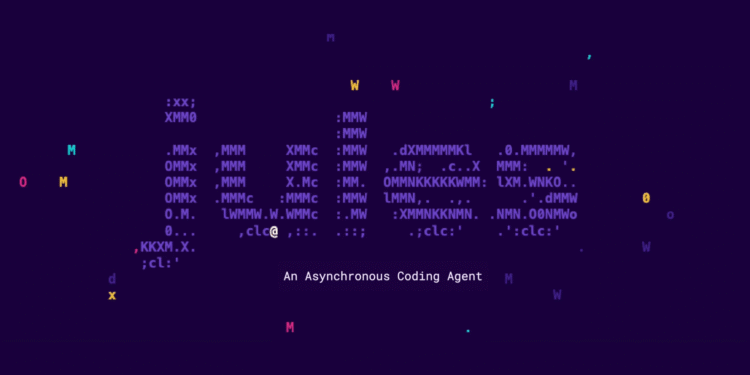Google has made its AI coding assistant Jules available to everyone after announcing it at the I/O conference in May. The company is also testing a Pinterest-like image search feature that could change how people find visual inspiration online.
Jules AI Agent Goes Public
Jules became available to all users in public beta on May 20, 2025. This AI coding assistant can work on real software projects without human help. It reads code, finds bugs, writes tests, and builds new features while developers focus on other tasks.
The tool runs in a secure Google Cloud virtual machine. It can handle multiple coding tasks at the same time. Jules shows users its plan before making changes, so developers stay in control of their code.
Jules offers several key features:
- Works with existing code repositories
- Integrates directly with GitHub
- Provides audio summaries of code changes
- Handles complex multi-file projects
- Runs tasks in parallel for faster results
The AI assistant uses Google’s Gemini 2.5 Pro model, which gives it advanced coding abilities. During the beta period, Jules is free to use, though there are usage limits. Google plans to add pricing once the beta phase ends.
Real Developer Results
Early users report positive results with Jules. One developer said the AI built a working new feature while they made coffee. The tool rewrote major parts of code and delivered results that could be shipped to customers.
Jules handles tasks like:
- Writing unit tests for existing code
- Updating dependency versions
- Fixing security vulnerabilities
- Building complete new features
- Creating documentation
The AI works asynchronously, meaning developers can start a task and return later to review the results. This approach helps teams work more efficiently.
Pinterest-Style Feature in Testing
Google is testing a Pinterest-like image search feature in its main search app. The feature appears in beta versions of the Google app as an “Images” tab. Users can save and organize pictures into different folders, similar to how Pinterest works.
The feature focuses on fashion and interior design inspiration. People can search for visual ideas and create collections of images they like. This puts Google in direct competition with Pinterest’s core business.
Android Authority found the feature in the Google app beta version 16.20.48. The Images tab creates a feed of visual content that users can scroll through and save. Google has not announced when this feature will launch publicly.

Changes to Pixel Camera App
Google removed the Social Share feature from its Pixel Camera app in June 2025. The feature let users quickly share photos to social media platforms. Google has not explained why it removed this option.
The camera app now includes a new help button with a question mark icon. This shows tips and example photos for different camera modes like Night Sight, Panorama, and Macro Focus. Each tip includes real photos from other users and step-by-step instructions.
Broader AI Strategy
These developments show Google’s plan to use AI agents across different products. The company announced at I/O that it wants AI to handle more tasks for users instead of just providing information.
Google now offers AI Mode in search for all US users. This feature lets people have conversations with AI instead of clicking through website links. The AI can browse websites, compare products, and research topics on behalf of users.
The company also launched Project Mariner for paying subscribers. This AI agent can handle 10 different web tasks at once, clicking through websites while users work on other things.
Competition and Market Impact
Jules competes with other AI coding tools like GitHub Copilot and Anthropic’s Claude. The free beta period helps Google attract developers who might otherwise use competing products.
The Pinterest-style feature challenges Pinterest’s dominance in visual search and inspiration. Google already has visual search through Google Lens, but this new tool focuses more on saving and organizing images.
Pinterest has responded by adding its own AI features. The company launched AI-powered shopping tools and trend forecasts for advertisers in June 2025.
Technical Infrastructure
Google is building systems to support AI agents across the internet. The company announced support for Anthropic’s Model Context Protocol (MCP), which helps AI agents connect to different data sources.
Google also introduced Agent2Agent Protocol, which lets AI systems communicate with each other. This could enable more complex AI workflows where multiple agents work together.
Privacy and Security
Jules keeps user code private and does not train on private repositories. Code runs in isolated virtual machines that get deleted after tasks complete. Google says this protects sensitive business code from being seen by others.
Looking Ahead
Google plans to expand Jules beyond basic coding tasks. The company is working on AI agents that can handle software deployment, testing, and project management.
The Pinterest-style feature may launch later in 2025 if testing goes well. Google could use this to capture more shopping searches that currently go to Pinterest or other visual search platforms.
Both tools represent Google’s shift toward AI agents that can complete full tasks instead of just answering questions. This could change how people interact with software and search for information online.
The success of these features will depend on whether users find them reliable and useful. Google’s previous AI launches had problems with accuracy, so the company needs these tools to work well to build user trust.














Comments 2